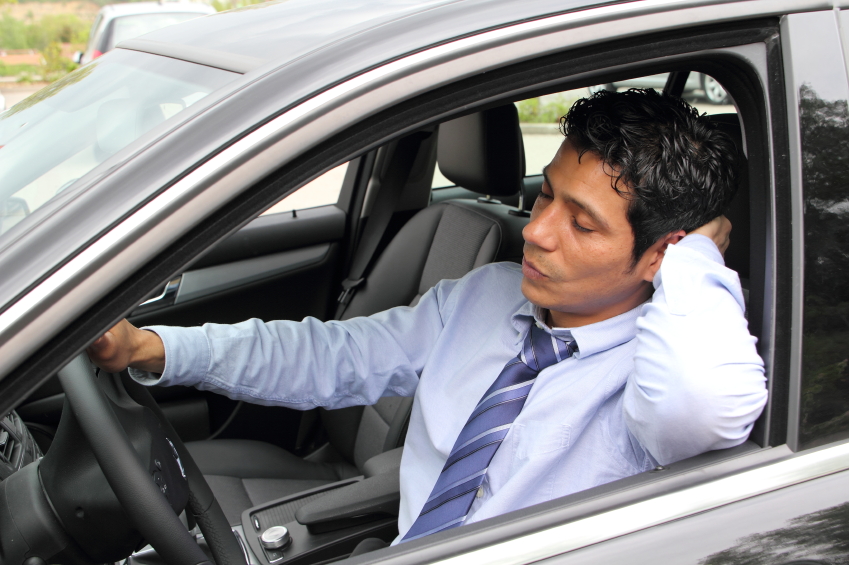The statistics regarding sleepy drivers are downright scary. According to the National Sleep Foundation’s 2005 Sleep in America poll, approximately 11 million drivers admit that they have had an accident or near-accident because they dozed off or were too tired to drive.
Drowsy drivers are a danger to themselves as well as to others on the road. Similar to alcohol and drugs, sleep loss impairs driving skills, making hand-eye coordination, reaction time, vision, awareness of surroundings, judgment, and decision-making more difficult. Health Advocate offers the following tips on how you can get more sleep and/or a better night’s sleep so that you can stay awake and alert the next day on the roads.
Turn in early. The amount of sleep needed varies from individual to individual, but experts recommend between 7-9 hours of sleep per night.
Create a sleep-conducive environment. Make sure your bedroom is dark, quiet, comfortable and cool. Sleep on a comfortable mattress and pillow.
Don’t eat before bed. Finish eating big meals at least 2-3 hours before your regular bedtime.
Exercise regularly. It is best to complete your workout at least a few hours before bedtime.
Deal with stress. If day time troubles keep you awake, try writing them down and leaving them until tomorrow.
Bring a companion. If you’re planning a long driving trip, bring a friend along for the ride. Other passengers may be able to help spot early warning signs of fatigue in the driver. Periodically switching drivers can also be a good way to ensure that you’re keeping an alert driver at the wheel at all times.
Take a break. Try and schedule regular stops – every 100 miles or 2 hours, even if you don’t feel tired, and more often if you feel like you need it.
Don’t drink alcohol. You should never consume alcohol before driving in the first place, but it is especially important to realize that alcohol can increase fatigue. If you are already tired, even drinking a small amount of alcohol may exacerbate your sleepiness and increase your risk of crashing.
Read the labels on your medications. If medications warn that they may cause drowsiness, try to avoid taking them before driving. If you must take prescription medications that cause drowsiness, avoid driving after taking them.
Talk to your doctor. Consult your physician if you suffer frequent daytime sleepiness, experience difficulty sleeping at night, and/or snore loudly on a regular basis. Your doctor may suggest that you visit a sleep specialist.
If you are a Health Advocate member and are concerned about getting a better night’s sleep to avoid sleepiness on the road, call us– your Personal Health Advocate can help locate an in-network doctor or a sleep specialist near you.



